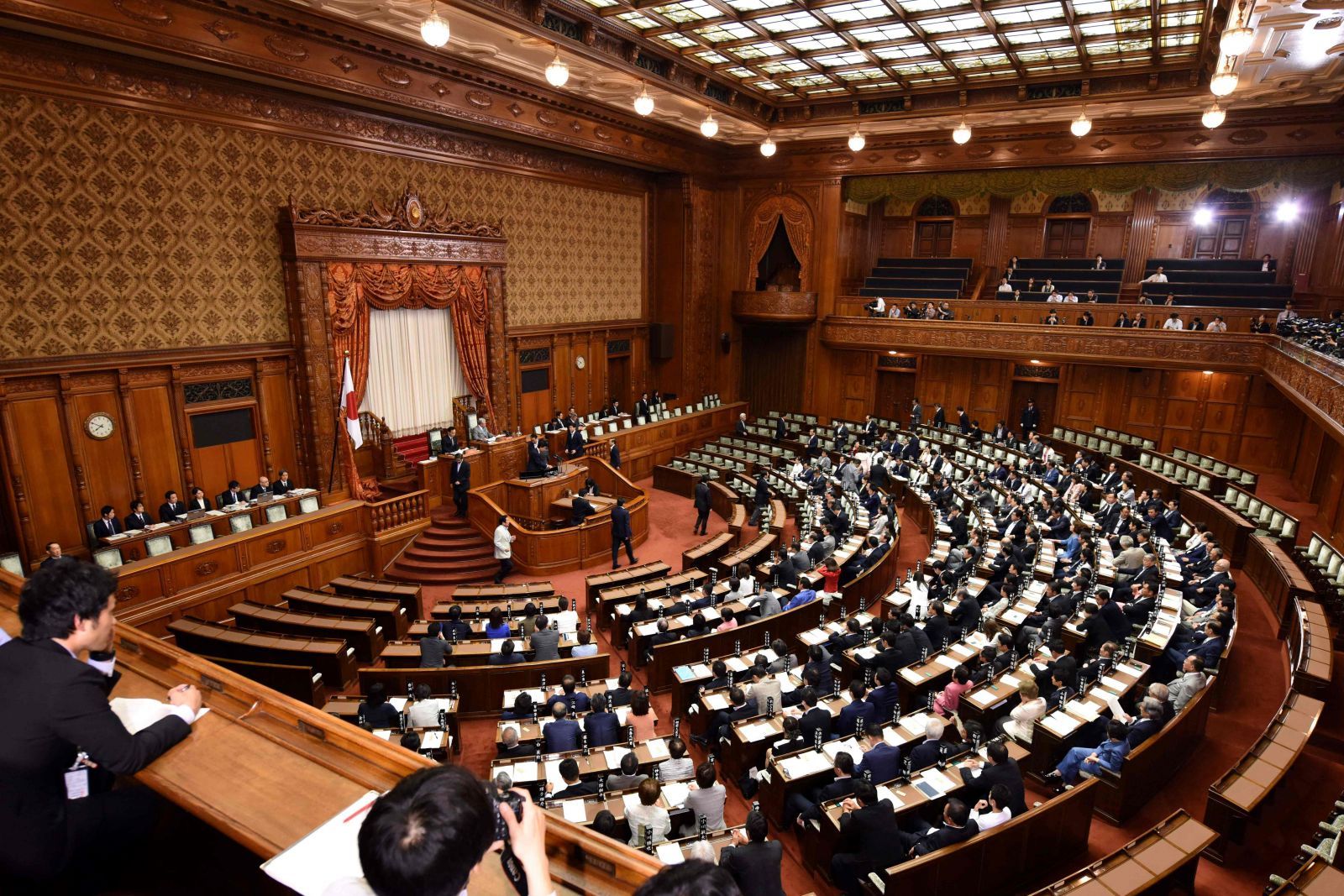Tokyo, 15 June, /AJMEDIA/
Japan’s 150-day regular parliamentary session is set to conclude Wednesday, with the ruling and opposition parties swinging into high gear for next month’s House of Councillors election.
The triennial election for the upper house of parliament is likely to put the government’s measures for reviving the Japanese economy hit by the coronavirus pandemic and easing the impact of rising prices under voter scrutiny.
The election, expected to take place July 10, will also come as Japan gradually eases COVID-19 restrictions and opens up to the rest of the world again, having recently started procedures to resume accepting foreign tourists after a two-year hiatus.
On the diplomatic front, the government’s response to Russia’s war on Ukraine, a rising China, and the North Korean missile and nuclear threats will likely be brought under the spotlight.
Prime Minister Fumio Kishida and his Liberal Democratic Party, which now controls both chambers of parliament with its ruling coalition partner Komeito, are seeking to solidify support needed to pave the way for implementing key policies and realizing a more stable government.
In the upcoming election, half of the upper house’s 248 seats will be up for grabs, of which 50 will be chosen under the proportional representation system and the rest from electoral districts.
The LDP-led ruling bloc and the main opposition Constitutional Democratic Party of Japan have already clashed, with the CDPJ submitting no-confidence motions against the Cabinet of Kishida and House of Representatives Speaker Hiroyuki Hosoda days before the end of the Diet session.
The CDPJ criticized the Cabinet’s lack of response to rising prices and Hosoda, who is mired in a sexual harassment scandal, as unfit to lead the powerful House of Representatives or lower house. However, the motions were voted down by the ruling coalition.
Kishida is receiving a boost with the Diet expected to enact all 61 pieces of legislation submitted by the government, including bills on enhancing the country’s economic security and on setting up a new agency tasked with comprehensively overlooking policies on children.
It would be the first time since the ordinary session in 1996 for parliament to enact all legislation submitted by the government.
But the LDP is facing another scandal involving a lower house member who resigned from the party last week following a magazine report that he went out for drinks with a girl aged 18, which is below the legal drinking age in Japan, and gave her 40,000 yen ($300). The lawmaker had belonged to a party faction led by Kishida.









































